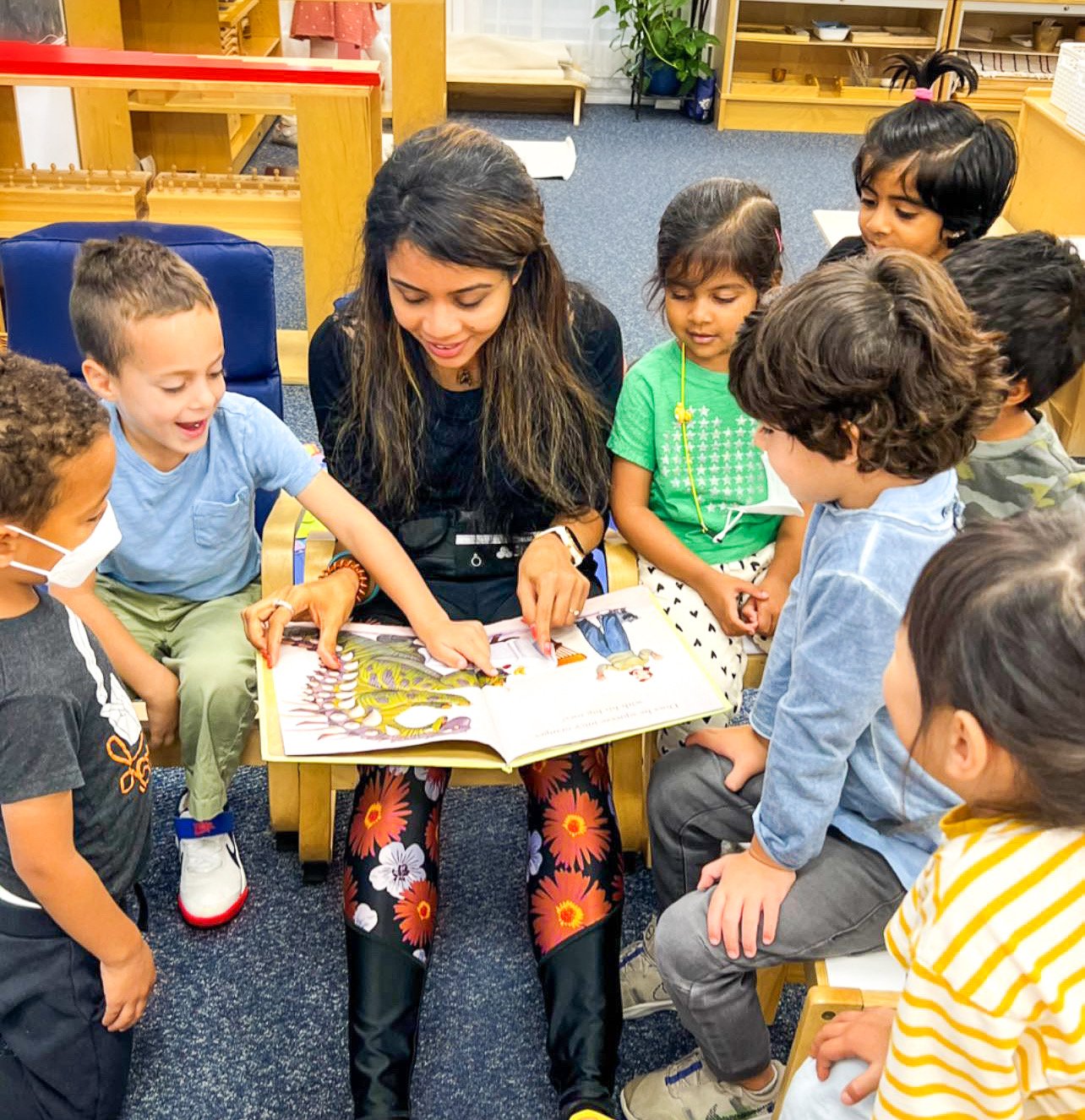We talk a lot about the benefits of a mixed aged classroom. They build community and encourage interaction. But they also encourage leadership skills to develop really early on. Our oldest children become role models to the youngest. We also know that by having them teach a lesson to their younger classmates, they are deepening their understanding of the underlying concept and reinforcing their own learning. After all, you cannot teach what you do not know. And this healthy cycle continues to strengthen, with the youngest ones eventually assuming those leadership roles themselves.
In this recent Character Lab post, Angela Duckworth, the Character Lab Founder and Author of the best-selling book, Grit, points to the benefits of watching and learning from others to perfect your own craft. She gives great examples, some of which we have included here.
Harvard educated, tennis pro, and author of several books on professional and personal success, Tim Gallwey, has observed:
“The benefits to your game come not from analyzing the strokes of top players, but from concentrating without thinking and simply letting yourself absorb the images before you…”
Another example comes from Toby Cosgrove, the former Chief Executive of Cleveland Clinic, who said:
“I worked and worked and worked at refining the craft. And then I changed the way I did things over time. I went and watched other people do things. In fact, I used to call them my “innovation trips.” I would go all over the world and take my notebook and watch other surgeons and various techniques, and I would pick things up from them and incorporate them in my practice. It was a constant quest and I was always looking for ways to do something better.”
Mixed age groups bring a myriad of proven benefits that we know will stand our students in good stead as they become leaders and innovators in their own fields.
Even now, our students engage with both younger and older children with incredible ease, but also immense empathy. There is none of the awkwardness that is typical in traditional single age school settings.
Are you seeing the benefits in your own home? Please let us know!



